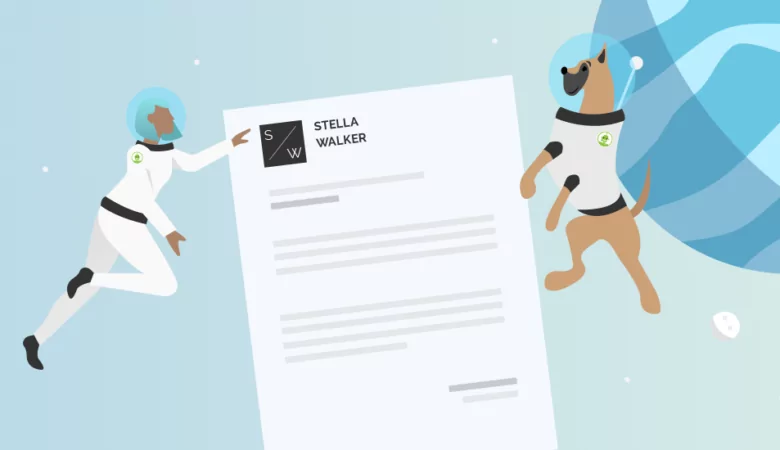An effective, professional cover letter can take a lot of time to get right. Do recruiters really expect you to write a cover letter for job applications these days?

Are Cover Letters Still Important in This Year?
Are Cover Letters Necessary?
Any career advice website will tell you that your job application is not complete without a professional, well-crafted cover letter. But taking the time to write a cover letter for each job can be time-consuming. So, is it worth it? Do hiring managers see cover letters as essential components of the application process?

What Do Recruiters Think?
It should come as no surprise that recruiters and hiring managers value cover letters. That’s because your cover letter helps build a picture of you as an individual. While they can see the skills, education, and work history listed on your resume, a cover letter lets you connect your experiences to the advertised role. A resume is a good foundation, but a great cover letter can really set you apart in the hiring process.
Cover Letter Benefits
When evaluating whether or not to write a cover letter, it’s best to think of all the benefits of writing a good cover letter. Simply put, if you omit a cover letter for your prospective employer, you’re missing out on all these benefits:
- Allows you to explain your relevant experience, making the connection for the reader
- Allows you to demonstrate soft skills like communication skills
- Shows the potential employer you care about the role
- Allows you to feature skills and experiences tailored for the specific job
- Allows you to establish a direct connection with the employer
- Can give you the chance to explain any employment gaps, especially if you’re changing careers
- Puts you ahead of those who didn’t bother to write one
- Increases your chances of landing a job interview
When a Cover Letter Isn’t Needed
Generally speaking, you should always include a cover letter to show you are eager to land a new job. Career coaches and career experts will tell you it's an essential step in the application process. However, there are a couple of occasions when you shouldn’t write a cover letter:
- If the job description or job posting specifically tells you not to write a cover letter
- If you are applying through an online application like LinkedIn, and there isn’t an option to add a cover letter
In other words, you should include a cover letter unless something during the job search specifically tells you not to.
FAQ: Are Cover Letters Necessary?
It’s always good to use a cover letter template to ensure your cover letter looks professional. Using a template gives you a proven framework to ensure you have all the bases covered in your cover letter. It will also help you eliminate common mistakes associated with formatting and layout. Use our templates and cover letter examples to help take the pain out of crafting your cover letter.
Cover letters and resumes achieve different purposes, but both work together in a job application. A resume serves as a professional summary that recruiters can quickly glance at. They should be able to see your education, work experience, and skills in separate sections.
A cover letter should expand on the information you present in your resume to show the recruiter why you are perfect for the role. It gives you a chance to draw the line between your work history and the advertised role with more explanation than your resume. It also allows you to personalize your application by building a better picture of yourself as an individual. Use our resume builder and resume templates to craft an effective resume with expert advice.
In the current job market, not including a cover letter means that any candidates who took the time to write and submit one are already ahead of you in the hiring process. It means missing out on an opportunity to impress the recruiter and encourage them to invite you to an interview.








